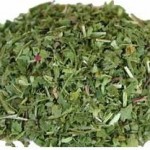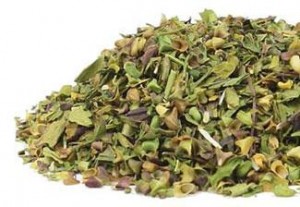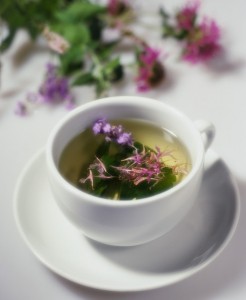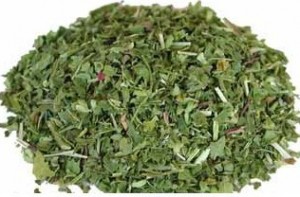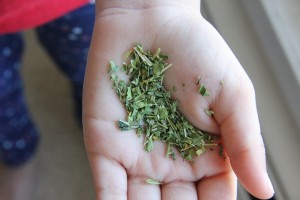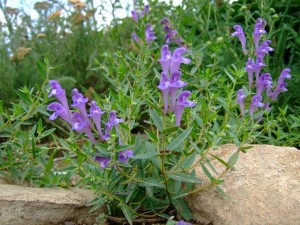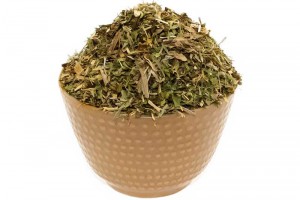Skullcap Tea
Skullcap tea with its slightly bitter taste is a refreshing herbal infusion made from the stems, leaves, and flowers of different species of skullcap herb including S. lateriflora, S. cordifolia, S. galericulata, S. barbata, S. baicalensis, and S. canescens. It offers a range of health benefits due to the presence of tannin, lignin, scutellarin, calcium, magnesium, potassium, and ascorbic acid.
History and origin
Skullcap tea has been traditionally used for centuries for its numerous medicinal characteristics. The roots of Scutellaria baicalensis (Baikal skullcap) have been used in Chinese medicine to provide relief from high blood pressure, colds, and fever. The Native Americans used it for soothing breast pain and stimulating menstruation. During the 1700s, Scutellaria lateriflora was commonly used for the treatment of rabies or hydrophobia, which resulted in its common name “mad dog skullcap”.
Skullcap tea benefits: what is it good for
Anxiety
Research studies have shown that skullcap tea acts as a nervine, helping to calm mental agitation as well as reduce anxiety and stress. Its constituent flavonoids including wogonin and baicalin have sedating properties, which aid in easing restlessness and nervous excitability. Therefore, its consumption assists in promoting sleep and is useful for those with insomnia.
Heart health
The presence of natural flavonoids in skullcap helps to keep the blood pressure levels steady and thus controls the heart rate. Its intake is also beneficial for the prevention of deposition of cholesterols, fats, and triglycerides in the arterial walls. As a result, it reduces the chances of atherosclerosis (hardening of the arteries) and clot formation, which are the leading causes of stroke and heart attack.
Epilepsy
Since it has anticonvulsant properties, this herbal decoction facilitates in preventing the development of spontaneous epileptic seizures, which are sudden, violent movements of the body (especially of the limbs) occurring due to involuntary contraction of muscles.
Anti-inflammatory property
Recent clinical studies have reported anti-inflammatory effects of skullcap flavonoids that help in easing muscle spasms. It acts as a potent muscle relaxant, relieving pain associated with headaches, arthritis, and menstrual cramps.
Cancer
Preliminary results of animal studies have supported the cancer-fighting properties of Chinese skullcap though more research is required to prove its efficacy in humans.
Skin health
Since it is rich in antioxidants, its intake reduces the production of free radicals and keeps the skin healthy. Moreover, it aids in inhibition of tyrosinase synthesis and helps in regulating the production of melanin.
How to make skullcap tea
- Take 1-2 cups of water in a teapot
- Heat the water until it starts boiling
- Add 1-2 teaspoonful of skullcap tea into the teapot
- Cover the lid
- Steep for 5-10 minutes
- Serve it hot
Safety and precautions
Side effects
No adverse side effects of skullcap tea have yet been identified when taken in moderate amounts. However, drinking it in excess may cause confusion, stupor, and dizziness.
During pregnancy
Its use is not recommended in those who are pregnant or nursing since it may inhibit the synthesis of prolactin and gonadotropin hormones.
Where to buy
Organic skullcap root, as well as leaf tea, is sold in tea bags on the internet and herbal tea stores.
References
- https://en.wikipedia.org/wiki/Scutellaria_lateriflora
- http://www.webmd.com/vitamins-supplements/ingredientmono-986-skullcap.aspx?activeingredientid=986&activeingredientname=skullcap
- http://www.ncbi.nlm.nih.gov/pubmed/15478209
- http://www.drugs.com/npp/baical-skullcap.html
- http://www.drugs.com/npc/scullcap.html
Article was last reviewed on 23rd July 2021
Related Articles
Leave a Reply
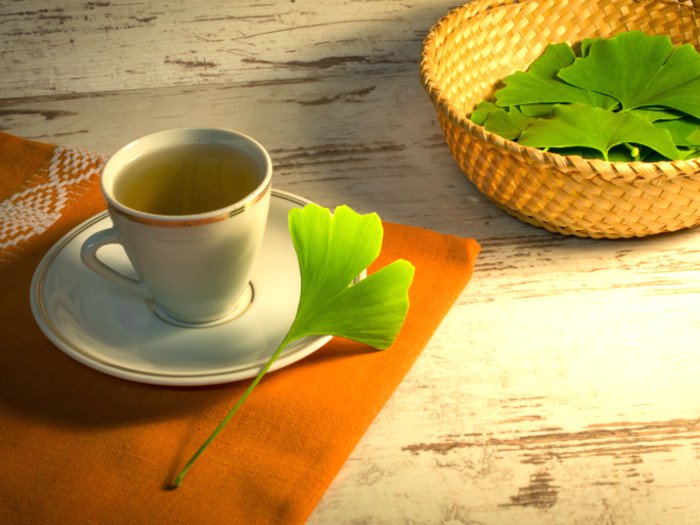
Ginkgo Biloba Tea
The Ginkgo Biloba tea is an herbal infusion obtained from the extract of the dried leaves
Read more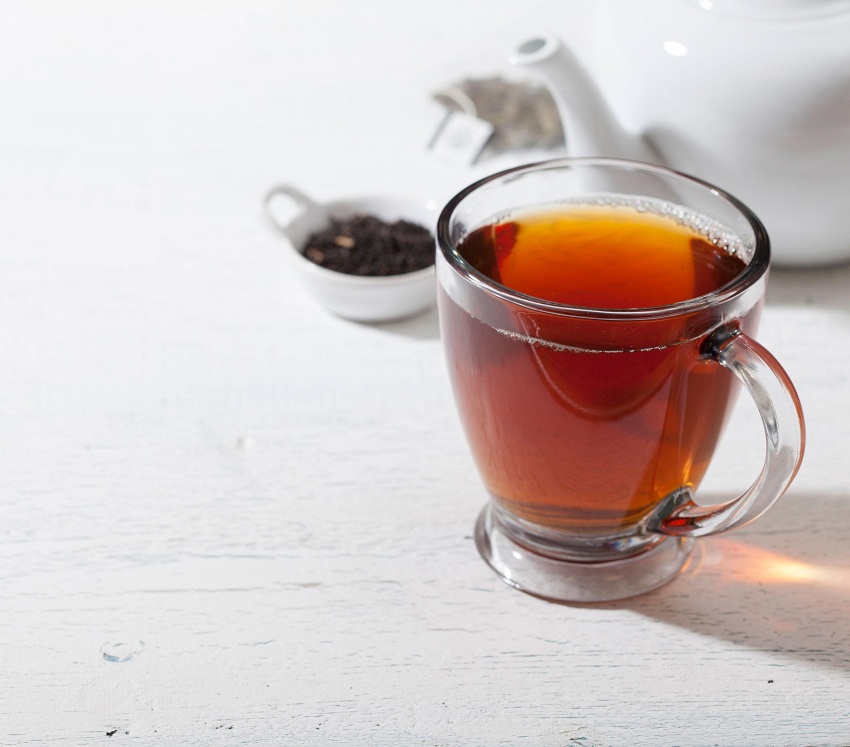
Black Tea
Black tea, belonging to the same group as the green, white and oolong teas is the most oxi
Read more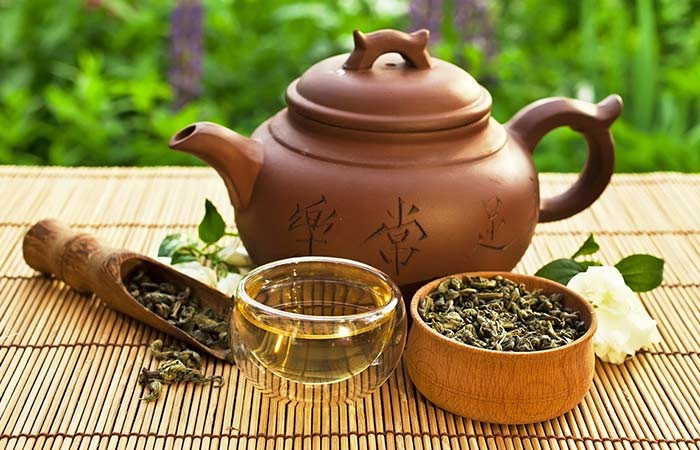
Oolong Tea
What is oolong tea Oolong, a traditional beverage of China, is prepared from the buds, st
Read more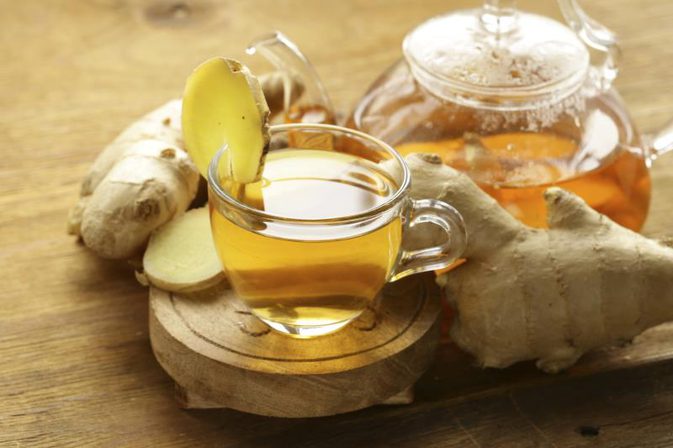
Ginger Tea
Ginger tea, prepared from the roots of ginger, is a popular herbal beverage of Asia. Becau
Read more
